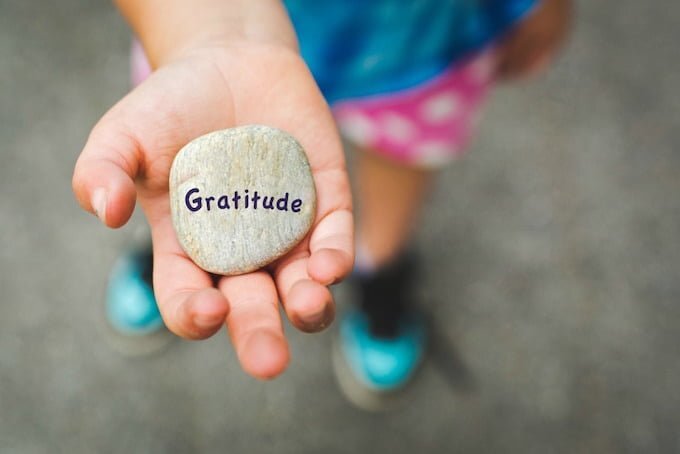Brain Building Blogs

Engaging the Brain Over the Holidays
In this week’s blog we explore some ideas to try at home that will keep your child’s young brain (and yours) stimulated over the holidays.

Engaging in Early Language and Literacy Activities: Toddlers
This week’s blog will provide parents and caregivers with an overview of oral language development, pre-reading development, and pre-writing development for the toddler stage.

6 Stages of Social Play
In this post we will dig deeper to explore how social play develops within the first five years of a child’s life.

Engaging in Early Language and Literacy Activities: Infancy
Starting at infancy, parents and caregivers model the pleasure that reading and writing bring by making time to read with their child, engaging in conversations about the text and the illustrations, providing materials and opportunities to write and in celebrating the joy that each literacy encounter brings. In today’s blog, Dr. Noella Piquette shares several early language and literacy activities to engage in with your child during infancy.

Engaging in Early Language and Literacy Activities: The Start
Parents and caregivers play a vital role in the young child’s language and literacy development. Over the next few blog posts, Dr. Noella Piquette will provide information for parents and caregivers to facilitate their child’s language and literacy development.

The Art of Dressing-Up and Engaging in Dramatic Play
Your child’s brain will delight in its ability to practice a new role through the act of dressing up and engaging in dramatic play. Check out this week’s blog where we take a quick look at what some of the benefits of encouraging your child to dress-up are.

Blackfoot Stories
“Stories have a great imaginative power that engages the brain” Learn more about Blackfoot Story telling on this week’s blog.

Engaging in Play Through Open-Ended Toys
Wanting to increase your child’s creativity and imagination? Wishing your child will develop a strong sense of confidence and make their own decisions? Looking for individual and group play activities? You’ll want to read this week’s blog on open-ended play!

Napi and the Elk - ponoká
“Napi was watching the elk; ponoká. They were playing follow the leader and making patterns and zigzags. Napi was hungry, so he set up a scheme. “ Read more on this week’s Blog.

Raven and Thunder Omahkai’stoo ki Ksiistsikom
This month we are featuring traditional Blackfoot stories as told by Carl Brave Rock. This week we learn about the story of Raven and Thunder.

The Story of Napi
Carl Brave Rock shares with us the story of Napi - the Blackfoot Trickster God.

Play Therapy
“For children to “play out” their experiences and feelings is the most natural, dynamic, and self-healing process in which they can engage”

Gratitude’s Impact on Health
Much of our time and energy is spent pursuing things we currently don’t have. Gratitude reverses our priorities to help us appreciate the people and things that we do have.

Managing Big Feelings
When it comes to big emotions, teaching children a range of strong coping skills can help them with their overall wellbeing, increase their resilience, and help them deal with challenging life circumstances in healthy ways both now and in the future.

Making Indigenous Games
In this week’s Blog Post, Mary Ellen Little Mustache shares her experience of making traditional games in nature. “When we make traditional games, we are very conscious about the importance of each tree before harvesting it to make game equipment.”

The Power of Healthy Relationships
Find out about the power of healthy relationships in dealing with challenging behaviour in this week’s blog post.

Benefits of Community Involvement
Have you felt isolated from your community over the past 18 months? Read this week’s Blog Post to learn some of the benefits of community connectedness and how our free Family Outdoor play events will help facilitate connections this summer.

Social Customs and Spirituality of Indigenous Games
Beginning in early childhood and kindergarten, children are taught important social beliefs and attitudes that are reflected in how traditional games are learned and played.

Connectedness During COVID-19
Social connectedness has been and continues to be a key factor in promoting positive mental health and well-being. By promoting quality interactions with our children they will continue to feel valued, loved, and cared for and the connection will continue to grow.

How to Build a Strong Brain
The construction of a house always begins with the laying of a foundation. The same is true when building a strong brain.